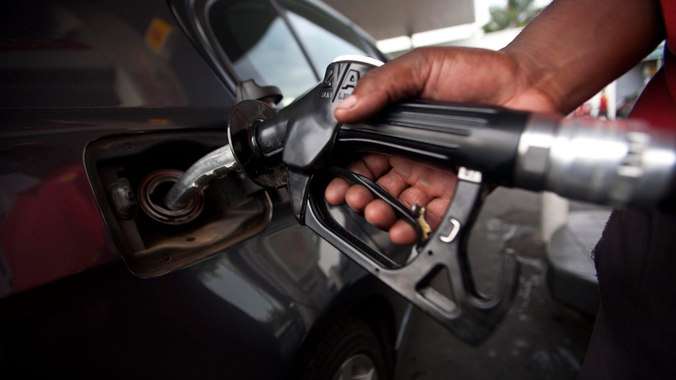Fuel supplies improve

Felex Share Senior Reporter
The fuel supply situation in the country is improving drastically despite glitches in the Zimbabwe Revenue Authority (ZIMRA) system, which delayed clearance processes, Energy and Power Development Minister Simon Khaya Moyo has said. Speaking ahead of the festive season yesterday, Minister Khaya Moyo said there was no need for the public to panic as Government was monitoring the situation.
He said Zimbabwe Revenue Authority (ZIMRA) systems were down, making it difficult for them to clear fuel tankers entering the country in large numbers. “The situation has improved drastically and is returning to normalcy,” Minister Khaya Moyo said. “We shall continue to monitor developments, but certainly there is no cause for alarm at this moment.
“The problem we have been experiencing in the past days was not with the fuel companies, but with ZIMRA. The revenue authority’s system has been down, but now we are making headway. Clearance processes were being delayed as the process was being done manually. I am sure by the end of the day or so we should find ourselves back to normal.”
Minister Khaya Moyo said his ministry was working closely with ZIMRA and the Ministry of Finance and Economic Development on fuel provision.
“We are trying all we can do and we expect no further delays after the system is fully resuscitated,” he said. “At the moment, tankers are beginning to enter the country. I am in touch with my counterpart (Patrick Chinamasa), the Minister of Finance and Economic Development under whom ZIMRA falls and I am quite certain that there is no cause for alarm. My officials and ZIMRA officials are working closely in monitoring the situation.”
Rumours have been circulating on social media, alleging that fuel stocks in the country would soon dry up. Zimbabwe needs about 2,5 million litres of diesel and 1,5 million litres of petrol daily. At least 90 percent of the country’s fuel is brought in by pipeline, with the remaining 10 percent moved by road and rail.
A huge chunk of the fuel that comes through the Feruka Pipeline from Beira in Mozambique is consumed in Zimbabwe, while the remainder goes to Malawi, Zambia, Botswana and the Democratic Republic of Congo. According to the Zimbabwe National Statistics (Zimstat), the country imports 1,5 billion litres of fuel and lubricants at an estimated cost of $1,3 billion annually.









Comments